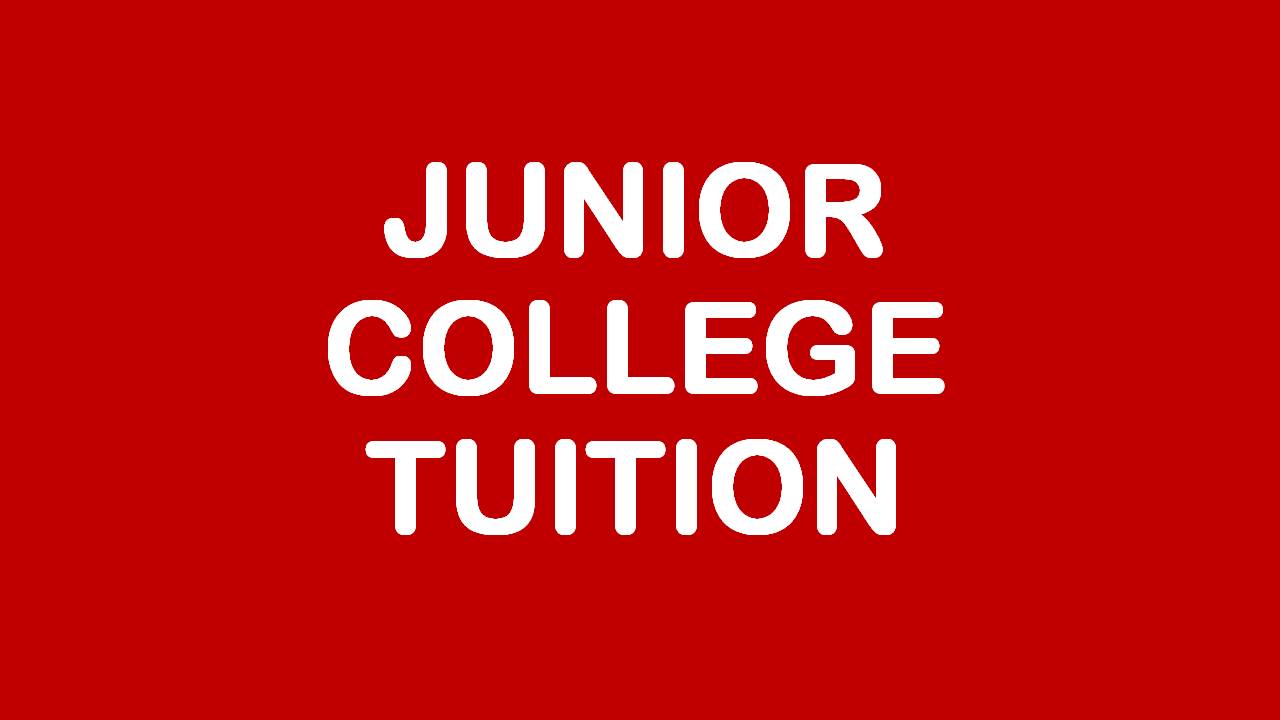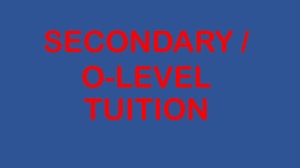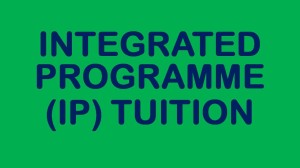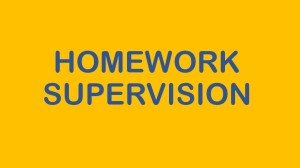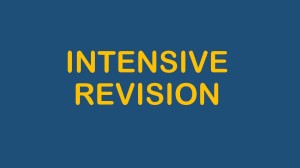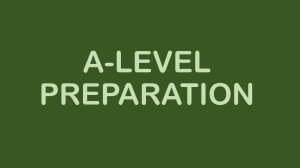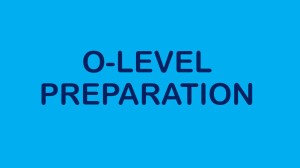For our latest timetable, click here => 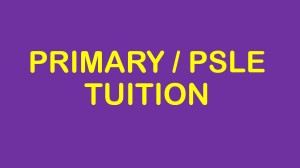
===============================================================
ORIGINAL POST(OUTDATED):
After conducting the PSLE Math Intensive Revision workshop during the recent March holidays, where I taught a wonderful group of students some of the more difficult concepts found in PSLE Math as well as metacognitive approaches to problem solving, some parents have asked me to continue conducting a weekly challenging PSLE math programme, as the next PSLE Math Intensive Revision in June is too far away.
For this challenging math program, I will be teaching students the more difficult concepts necessary to excel in PSLE Math, as well as the strategies and heuristics commonly employed to solve them. I will also be exposing students to P6 Math Olympiad questions as some of the most difficult PSLE Math questions are modified Primary Math Olympiad questions. Details of the weekly programme are as follows:
Level/Subject: PSLE Challenging Math
Day/Time: Every Saturday, 9.00 am to 10.30 am ( 1.5 hrs)
Location: Blk 627 Bukit Batok Central #07-640
Focus: Difficult Concepts, Strategies, Heuristics, Olympiad
Fees: $150 for every four sessions.
Class Size: 2 to 8 students.
Tutor: Mr Ilyasa; M.Ed (NIE), PGDE (NIE), BSc (NUS), Ex-RI/RJC; ex-sch teacher, full-time tutor of PSLE, O and A Level Math and Physics. (h/p: 97860411)
A former secondary school Physics teacher, Mr Ilyasa has been coaching students in ‘A’ Level (H2/H1) Physics and (H2/H1) Mathematics for more than 7 years, as well as ‘O’ Level Physics, Additional Math, Math and PSLE Math for more than 10 years. An alumnus of RI and RJC, Mr Ilyasa holds a Bachelor of Science degree with Merit from the National University of Singapore, a Postgraduate Diploma in Education with Credit from the National Institute of Education, Singapore, and a Master of Education (Curriculum & Teaching) degree also from the NIE, Singapore.
To register, kindly call or send an sms to 97860411.
Is metacognition part of the mathematics curriculum in Singapore?
One of the aims of mathematics education in schools in Singapore is to enable students to acquire thinking and problem solving skills and to make effective use of these skills to formulate and solve problems (MOE, 2007).
The existing curriculum framework for mathematics designed by the Ministry of Education (MOE) lists metacognition as one of the components on which the development of mathematical problem solving ability depends.
According to the MOE (2007), metacognition can be defined as the realization of, and the ability to regulate one’s thinking processes, in particular the choosing and application of problem-solving strategies. The MOE believes that it is important to provide students with metacognitive experience in order to help them develop their problem solving abilities.
Note: The above paragraphs are adapted from my minor research paper, Examining Supports for Metacognition in Singaporean Lower Secondary Mathematics Textbooks, NIE, 2011. All rights reserved.
Related links:
(1) Metacognition – The secret to learning and problem-solving;
(2) Metacognition and problem-solving;
(3) Metacognition enhances learning;
_______________________________________
TUITION CLASSES:
_______________________________________________________________
EDUCATIONAL SERVICES:
______________________________________________________________
By EX-MOE TEACHERS & EXPERIENCED TUTORS
@ BLK 644, BUKIT BATOK CENTRAL, #01-68. S(650644).
CALL 65694897 OR SMS 98530744 OR 97860411.
Metacognition enhances learning
Various studies have revealed that metacognition helps to enrich students’ learning in different domains. For example, it has the potential to increase students’ capacities for independent learning (Ganz & Ganz, 1990).
Research also shows that knowledge of metacognition, such as being familiar with one’s strengths and weaknesses and searching for ways to overcome the latter, contributes to more effective learning (Bransford, Brown, & Cocking, 1999). Research also suggests that metacognition improves one’s chances of success when it comes to completing activities that rely heavily on thinking processes (Garner & Alexander, 1989; Pressley & Ghatala, 1990).
Many studies in metacognition have concluded that those who have advanced metacognitive abilities are more adaptable and steadfast in problem solving (e.g., see Artzt & Armour-Thomas, 1992; Swanson, 1990). Studies have also shown that one’s ability to plan and monitor a problem-solving process requires several metacognitive skills such as regulation and evaluation of thought processes (Mayer, 1999), and the use of metacognitive skills has the potential to identify the more able students from the less able ones (Pellegrino, Chudowsky & Glaser, 2001).
In addition, research has shown that one’s individual and group learning skills can be improved through the acquisition of metacognitive competencies (White & Frederiksen, 2005). Recent studies have also revealed that students who often fail to choose appropriate strategies, monitor or regulate their work, or articulate their thought processes are more likely to perform poorly in mathematics (e.g., see Lucangeli & Cabrele, 2006; Carlson & Bloom, 2005).
Note: The above paragraphs are adapted from my minor research paper, Examining Supports for Metacognition in Singaporean Lower Secondary Mathematics Textbooks, NIE, 2011. All rights reserved.
Related links:
(1) Metacognition – The secret to learning and problem-solving;
(2) Metacognition and problem-solving;
(3) Is Metacognition part of the Singapore Math curriculum?
_______________________________________
TUITION CLASSES:
_______________________________________________________________
EDUCATIONAL SERVICES:
______________________________________________________________
By EX-MOE TEACHERS & EXPERIENCED TUTORS
@ BLK 644, BUKIT BATOK CENTRAL, #01-68. S(650644).
CALL 65694897 OR SMS 98530744 OR 97860411.
Metacognition and mathematical problem solving
Metacognition is a crucial element in problem-solving, which is itself a key component in mathematics learning. To monitor and regulate one’s cognitive processes in problem-solving, Polya (1945) describes a four-step method: first, one has to comprehend the problem by sub-dividing it into more manageable parts and recognize any given data, conditions and variables to be found; second, one devises or selects a strategy to find the connections between the known data and the unknowns to be found; third, one executes the plan, scanning, regulating and examining each step; and, finally, after obtaining the solution, one evaluates the results which may involve re-visiting the previously taken steps.
Building on Polya’s work, Schoenfeld (1987) describes effective mathematical problem-solving as being contingent on how one uses four types of knowledge/skills: (1) resource knowledge, which is knowledge about one’s abilities and cognitive processes including knowledge of how to perform tasks or procedures; (2) heuristics, which are specific problem-solving methods or strategies; (3) regulatory processes, which includes the organisation and selection of resources and strategies; and (4) beliefs, which includes perceptions of and assumptions about mathematics (Gama, 2004).
Note: The above paragraphs are adapted from my minor research paper, Examining Supports for Metacognition in Singaporean Lower Secondary Mathematics Textbooks, NIE, 2011. All rights reserved.
Related links:
(1) Metacognition – The secret to learning and problem-solving;
(2) Metacognition enhances learning;
(3) Is Metacognition part of the Singapore Math curriculum?
_______________________________________
TUITION CLASSES:
_______________________________________________________________
EDUCATIONAL SERVICES:
______________________________________________________________
By EX-MOE TEACHERS & EXPERIENCED TUTORS
@ BLK 644, BUKIT BATOK CENTRAL, #01-68. S(650644).
CALL 65694897 OR SMS 98530744 OR 97860411.
Metacognition – The ‘secret’ to learning and problem-solving …
You don’t have to be ‘good in English but bad in Math’, or ‘good in Science but lousy in History or Literature’, or ‘good in Chinese but lousy in English’. It doesn’t have to be a one-or-the-other kind of thing. Every subject has its own way of learning and thinking about, but you can only discover it if you bring yourself one level up – think about the thinking itself, and think about how you learn. You can only learn how to learn if you think about learning. You can only learn how to think if you think about thinking.
Thinking about thinking has another name: metacognition, which formed the basis of my minor research work completed in 2011 at the NIE. A lot of research into metacognition centers around mathematical problem-solving, although metacognition can be applied equally well to other subjects. So for the purpose of illustration here, I will use math as the basis for our discussion about metacognition.
What is Metacognition?
In its simplest form, metacognition can be described as thinking about thinking (Wellman, 1985). Flavell (1976) has stated some examples of what constitutes metacognition:
I am engaging in metacognition if I notice that I am having more trouble learning A than B; if it strikes me that I should double-check C before accepting it as a fact; (…)if I become aware that I am not sure what the experimenter really wants me to do; if I sense I had better make a note of D because I may forget I; if I think to ask someone about E to see if I have it right. (p. 232).
The above sounds familiar, doesn’t it? Yes, you may have been practising metacognition sub-consciously, all your life, without realising it has a formal name, or without realising how important it is to learning and thinking.
Research in metacognition has examined various forms of cognitive processes by building on Flavell’s initial notion of metacognition as the monitoring, regulation and arrangement of thinking processes to achieve specified goals (Gama, 2004).
For example, Brown (1987) argues that metacognition consists of two components: knowledge of cognition, and regulation of cognition. The former involves being aware of one’s cognitive abilities through self-reflection while the latter pertains to mental activities such as monitoring and controlling one’s thinking processes in the course of learning or problem-solving. According to Brown, although these two types of metacognition are distinct from one another, they are usually used together in the same cognitive process as one type often utilises the service of the other (Gama, 2004).
Note: The above paragraphs are adapted from my minor research paper, Examining Supports for Metacognition in Singaporean Lower Secondary Mathematics Textbooks, NIE, 2011. All rights reserved.
Related links:
(1) Metacognition and problem-solving;
(2) Metacognition enhances learning;
(3) Is Metacognition part of the Singapore Math curriculum?
TUITION CLASSES:
_______________________________________________________________
EDUCATIONAL SERVICES:
______________________________________________________________
By EX-MOE TEACHERS & EXPERIENCED TUTORS
@ BLK 644, BUKIT BATOK CENTRAL, #01-68. S(650644).
CALL 65694897 OR SMS 98530744 OR 97860411.
PSLE (2013) / P6 Math Headstart Holiday Enrichment Programme
For our latest timetable, click here => 
=============================================================
ORIGINAL POST (OUTDATED):
As you know, Problem Solving in P6 can be quite tough for the average student. Thus we are providing 2-day, 6-hr programmes in November and December to prepare P5 students to excel in P6 Problem Solving.
The details are as follows:
Date/Time (choose one session only):
(1) Sat 10 Nov (2 pm to 5 pm) and Sun 11 Nov (2 pm to 5 pm) @ Bukit Batok;
(2) Sat 17 Nov (10 am to 1 pm) and Sun 18 Nov (10 am to 1 pm) @ Bukit Batok;
(3) Tue 20 Nov (4.30 pm to 7.30 pm) and Wed 21 Nov (4.30 to 7.30 pm) @ Bukit Batok.
(4) Sat 24 Nov (2 pm to 5 pm) and Sun 25 Nov (2 pm to 5 pm) @ Serangoon North;
(5) Thur 27 Nov (4.30 pm to 7.30 pm) and Fri 28 Nov (4.30 to 7.30 pm) @ Bukit Batok.
(6) Tue 4 Dec (4.30 pm to 7.30 pm) and Wed 5 Dec (4.30 to 7.30 pm) @ Bukit Batok.
(7) Thur 13 Dec (4.30 pm to 7.30 pm) and Fri 14 Dec (4.30 to 7.30 pm) @ Bukit Batok.
Location: Blk 627, Bukit Batok Central, 07-640, or, Blk 510, Serangoon North Ave 4, 01-346.
Class size: Max 6 students.
Investment amt: $120 total for both days (6 hrs).
Tutors:
(1) Mr Iskandar; M.Sc (NUS), BBA (NUS), PGDE (NIE), A-Level (NJC); formerly a HOD for ICT and an upper primary Math and Science teacher in a SAP school.
(2) Mr Ilyasa; M.Ed (NIE), PGDE (NIE), BSc (NUS), A-Level (RJC); ex-sch teacher, full-time tutor of PSLE, O and A Level Math and Physics (8 years).
To book a place in the programme, sms to or call Mr Iskandar at 97249422 or Mr Ilyasa at 97860411.

